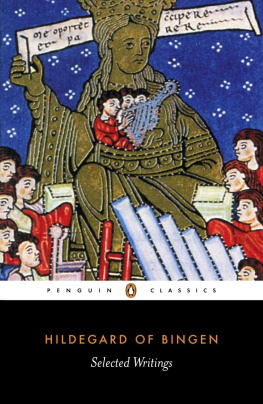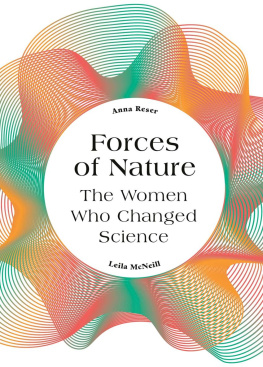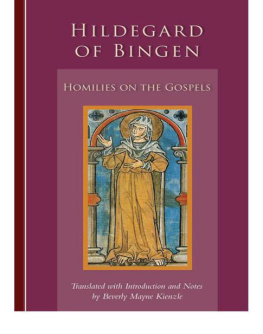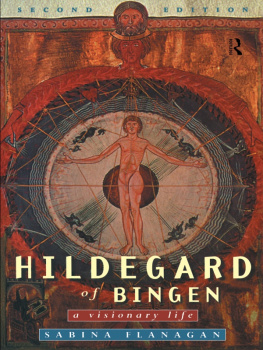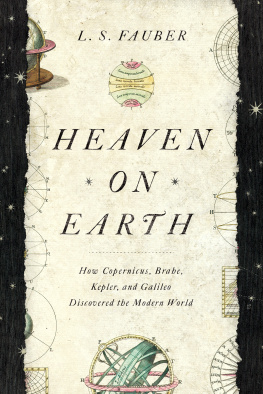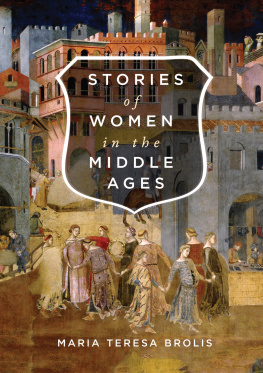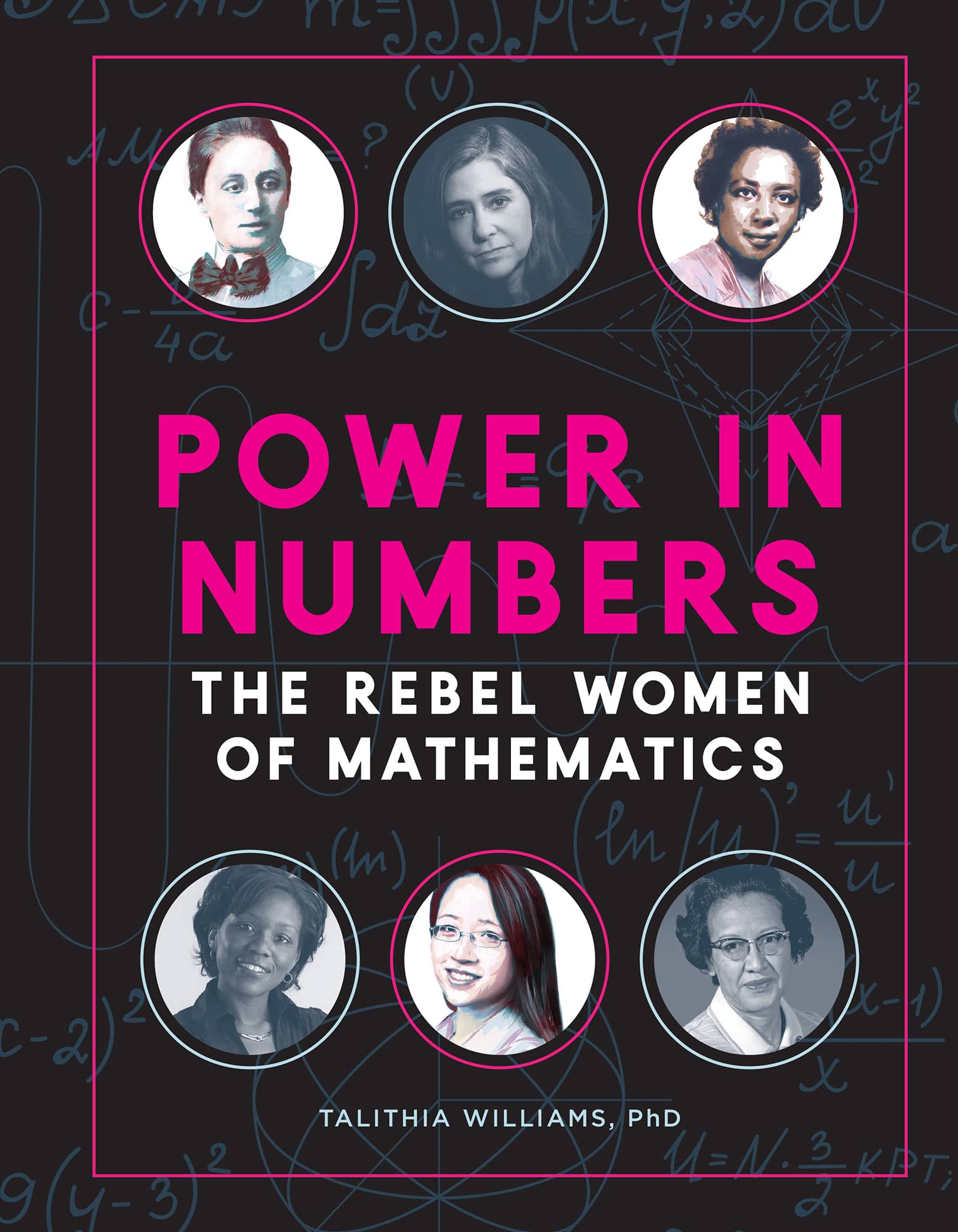
Text 2018 by Talithia Williams
See for a complete listing of photo credits
First published in 2018 by Race Point Publishing, an imprint of The Quarto Group,
142 West 36th Street, 4th Floor, New York, NY 10018, USA
T (212) 779-4972 F (212) 779-6058 www.QuartoKnows.com
All rights reserved. No part of this book may be reproduced in any form without written permission of the copyright owners. All images in this book have been reproduced with the knowledge and prior consent of the artists concerned, and no responsibility is accepted by producer, publisher, or printer for any infringement of copyright or otherwise, arising from the contents of this publication. Every effort has been made to ensure that credits accurately comply with information supplied. We apologize for any inaccuracies that may have occurred and will resolve inaccurate or missing information in a subsequent reprinting of the book.
Race Point titles are also available at discount for retail, wholesale, promotional, and bulk purchase. For details, contact the Special Sales Manager by email at or by mail at The Quarto Group, Attn: Special Sales Manager, 401 Second Avenue North, Suite 310, Minneapolis, MN 55401, USA.
Digital edition: 978-0-76036-028-6
Hardcover edition: 978-1-63106-485-2
Editorial Director: Jeannine Dillon
Acquiring Editor: Melanie Madden
Managing Editor: Erin Canning
Cover Illustrations for Eugenia Cheng,
Emmy Noether, and Annie Easley: Sean Yates
Cover Design: Merideth Harte
Interior Design: Jen Cogliantry
POWER IN NUMBERS
THE REBEL WOMEN OF MATHEMATICS
TALITHIA WILLIAMS, PhD

INTRODUCTION

Williams on the campus of Harvey Mudd College.
S ometimes its hard for people to hide their shock when I tell them Im a mathematician. I get it. After all, I didnt know any women with PhDs in mathematics growing up in Columbus, Georgia. Those same people might ask me how I got here. I suppose for me it started in high school. I qualified for five Advanced Placement (AP) classes and, while I would like to say that the reasons I signed up for those AP courses were honorable (I wanted a rigorous academic environment or I wanted to be challenged with college-level material), the reality was, as soon as the teacher told me that making a B in AP was like getting an A in the standard curriculum, I was sold.
It was when I was taking AP Calculus that marked the first moment I considered making math my life. In a high school with well over two thousand students, there was only one AP Calculus class, with about twenty-five kids. Of those twenty-five students, only four of us were African American. My teacher, Mr. Dorman, was in his early fifties at the time. He would invite us up to the chalkboard to work out problems for extra credit. I always went up there because I wanted that extra credit. I wasnt a star student, but I was certainly motivated for a little extra credit. Who wouldnt be?
One day after class, Mr. Dorman pulled me aside and told me he thought I was talented in math, and that I should think about majoring in it when I went to college. As a seventeen-year-old kid, I was shocked to hear him say that. I mean, sure, my mom and dad told me I was smart, but theyre my parents; I have their genes. But Mr. Dorman was different. He was a teacher, and his encouragement would forever change my life trajectory. Actually, it was the first time an older white man affirmed my intellectual ability. Even though I never saw myself as a mathematician, he saw me as one. The conversation changed me. It changed my life.
So, you know what I did? I went to college and I majored in math. The funniest part of the story is that at my ten-year high-school reunion, I discovered that Mr. Dorman had said the same thing to many of his students, but by then, the damage had already been done! And I dont regret my choice for a second. It just goes to show you that the power of a teacher who believes in you can be transformational. They can act as a mirror for potential, even if you cant yet see it in yourself.
Williams presenting her popular TED talk, Own Your Bodys Data, at the 2017 Tableau Conference.
As an undergraduate student, I spent three summers working at NASAs Jet Propulsion Laboratory (JPL). At JPL I was assigned to a research team where Dr. Lonne Lane was the advisor. Lonne was ridiculously brilliant, and he insisted that I call him by his first name. Now being raised in the South, I was taught never to call adults by their first name. Some social title needed to come before his nameMr., Dr., Officer, Sir, Rev, Deaconas a sign of respect. But he wouldnt let me do it. In fact, everyone at JPL was on a first-name basis. He brought me into his research team and made me feel like I was an asset, as if my thoughts and opinions mattered. Here I was, this kid from Georgia, working side by side with rocket scientists. But despite the camaraderie, I still couldnt help but feel a bit out of place. That is, until I met Dr. Claudia Alexander.
Claudia was my mentor for those three summers. She was everything that I dreamed I could become. She was beautiful and smart, and had a PhD in space physics from the University of Michigan, and worked at NASA. I remember wanting to get beautiful blonde highlights just like hers. The better I got to know her, the more I became hooked on mathematics. You see, she represented the dream of what I could one day become. I didnt know it then, but during our summers together at NASA, she had planted a seed in me, and it was, thankfully, a lot more rewarding than blonde highlights!
I graduated from Spelman College as a math major with a minor in physics, before moving on to Howard University for a masters degree in math. At Rice University, where I received my PhD in statistics, I was not only the only female in my class, but also the only African American. I met my husband while at Ricehe was in the Computational and Applied Mathematics departmentand he approached me with a line like no other: I wish I was your derivative, because then I would be tangent to your curves. Yeah, who wouldnt pass that up? He had me at derivative.
A few years later, I landed a tenure-track position at Harvey Mudd College and have worked to make the dream of broadening participation in the mathematical sciences a reality, much like Mr. Dorman, Claudia Alexander, Lonne Lane, and my Spelman professors have done for me. And I hope Power in Numbers takes me one step closer to that dream.
As you read through the incredible stories of the women profiled in these pages, the one thread they all have in common is that at some point on their journeys, someone believed in them; someone made them think the impossible was perhaps not so impossible. It was extremely difficult to narrow down the list of women I selected for inclusion here, but what I offer is a sampling of female mathematicians throughout historyincluding modern mathematicianswho have shattered stereotypes, pursued their passions, and persisted even when things got tougheven when people told them they couldnt do it. Many were alone on their journey, but with every female who enters the field of math, it makes it easier and more achievable for the next one, and the one after that.





